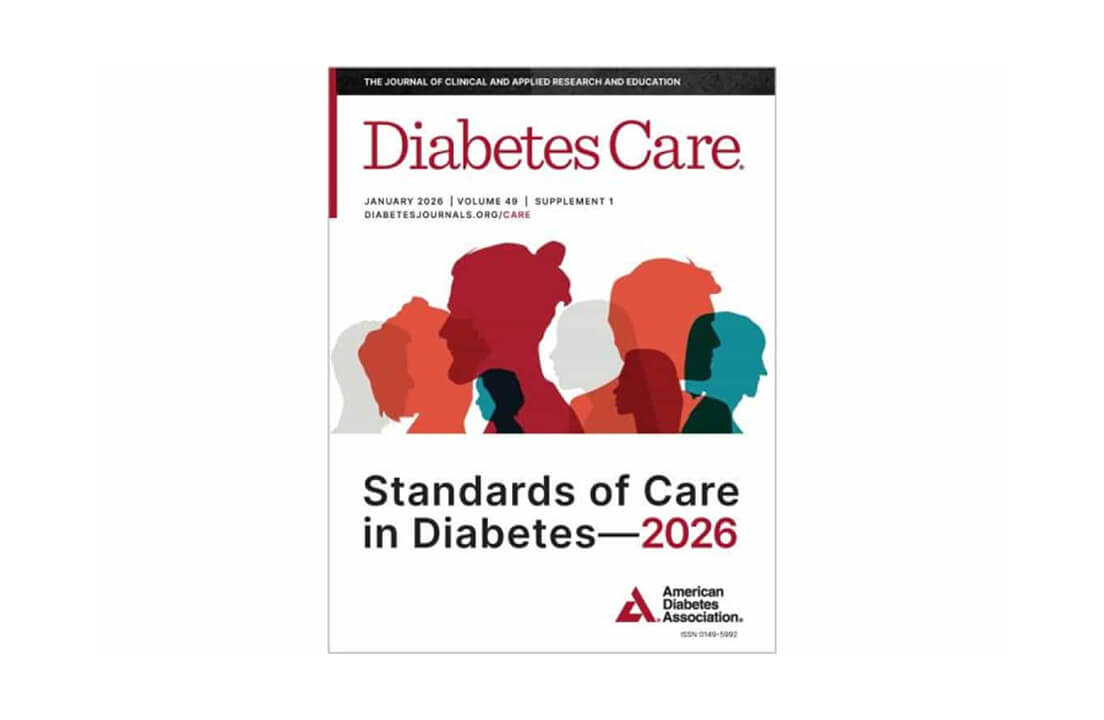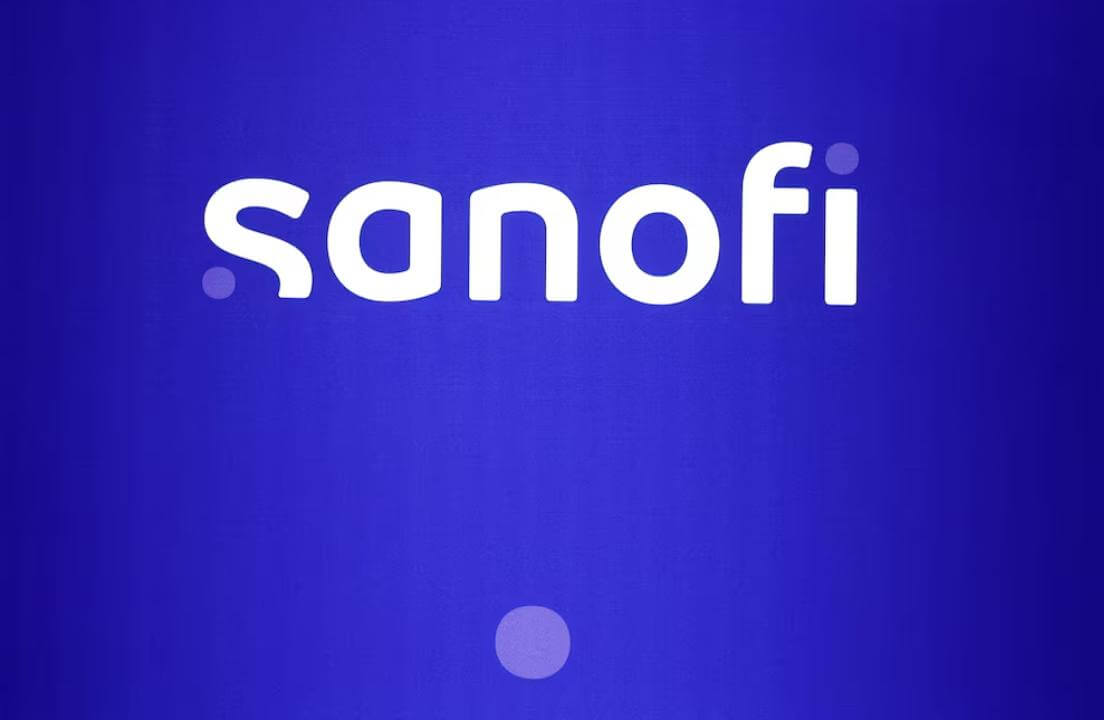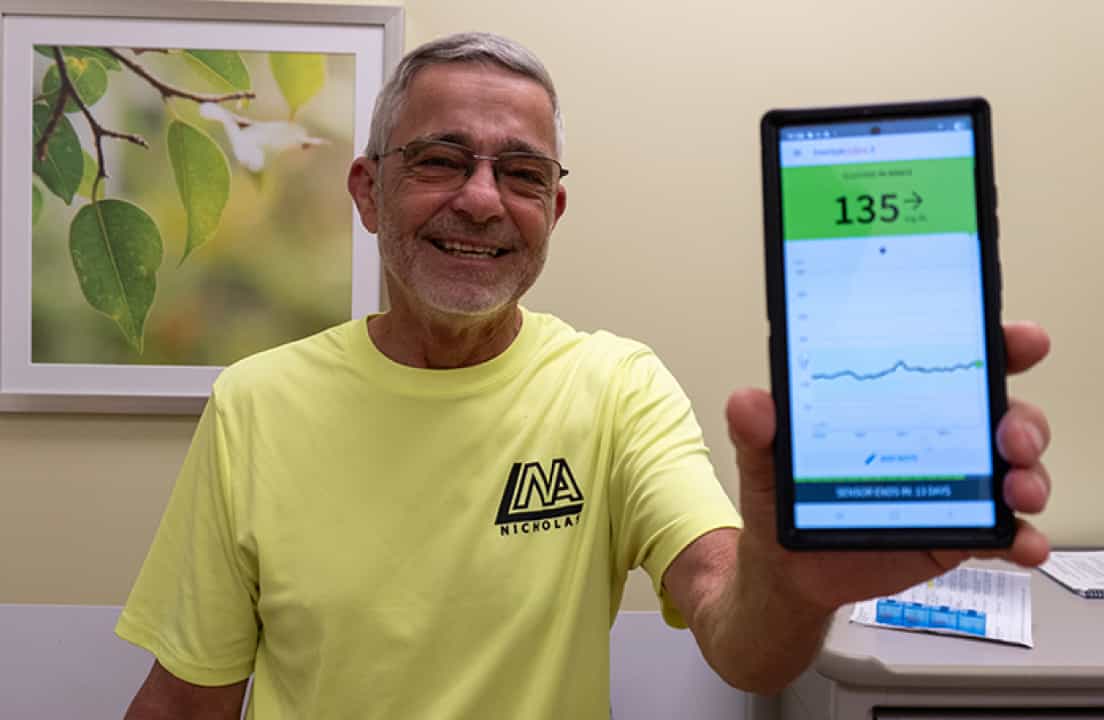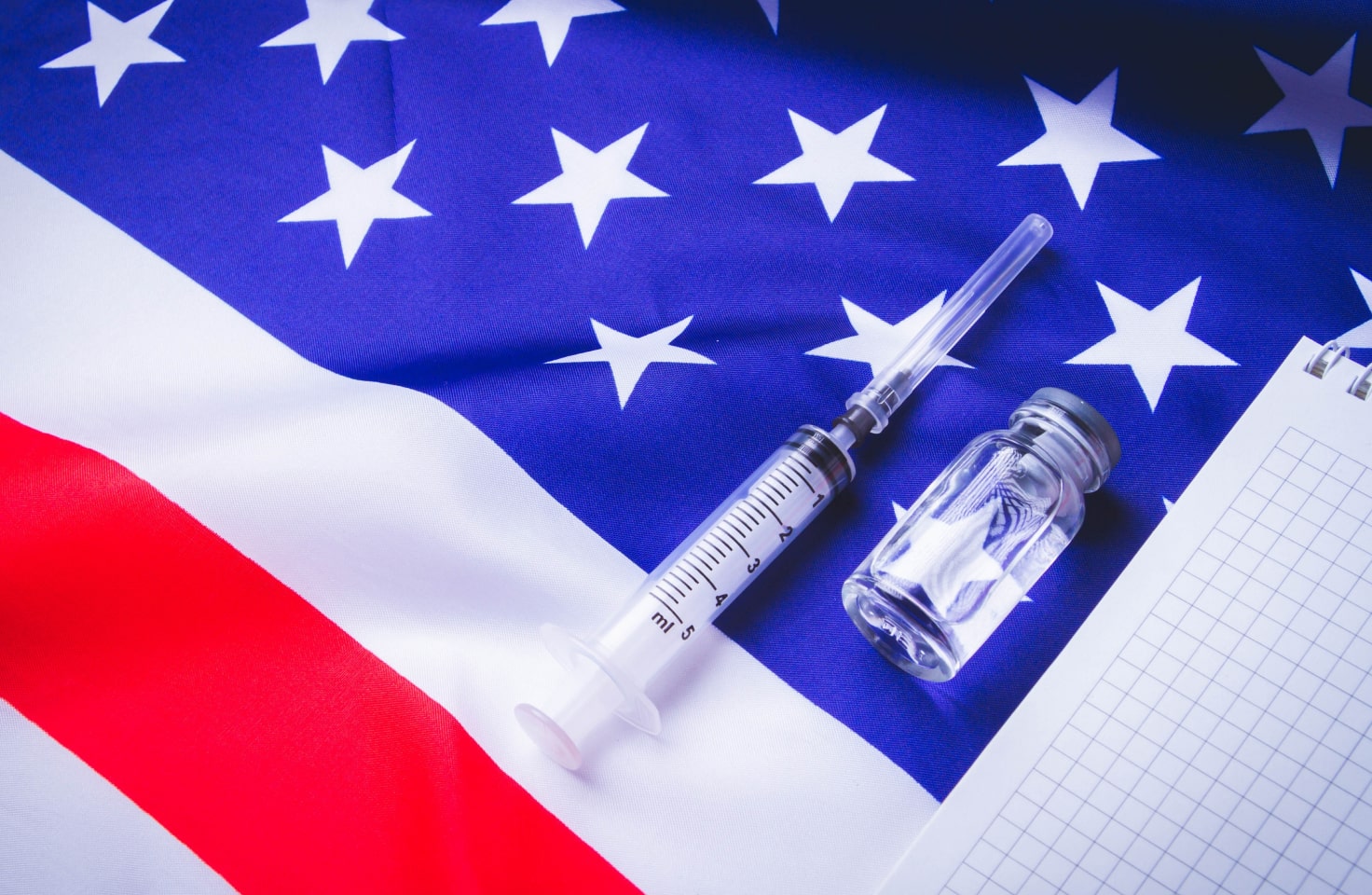T1D Guide
T1D Strong News
Personal Stories
Resources
T1D Misdiagnosis
T1D Early Detection
Research/Clinical Trials
The Other 5 Dysfunctional Hormones of Type 1 Diabetes
Nope, insulin isn’t the only hormone your body struggles to produce properly. In fact, there are a total of six hormones affected by type 1 diabetes. You were given insulin. Meanwhile, the other five hormones are pretty critical. Those hormones manage things like how much sugar your liver produces, your appetite, and more.

Here’s a look at the other five hormones your body struggles to manage with type 1 diabetes.
The Cells and Their Hormones
You might’ve heard that your pancreas contains beta cells — and beta cells produce insulin. But there are a bunch of other critical cells in the endocrine system. Also known as the “Islets of Langerhans,” this cluster of cells in the pancreas includes alpha, beta, gamma, delta, and epsilon cells.
Each of those cells is responsible for producing critical hormones, including insulin.
.jpeg)
When your immune system attacks your beta cells, it destroys the communication process between all five cells! If the beta cells have been destroyed, they aren’t telling the other cells what hormones to secrete or restrict. These cells work as a team!
Let’s break it down:
Alpha Cells
Alpha cells produce glucagon. Glucagon is a hormone that tells your liver to release stored sugar to prevent hypoglycemia. Your alpha cells should produce less glucose when you’re eating because you’re getting plenty of sugar from your meal. When your blood sugar drops, your alpha cells should produce extra glucagon. This doesn’t happen in a T1D body. This is why we need critical tools like emergency glucagon.
Beta Cells
Well, these are the famous guys — but there’s something you might not know about your precious beta cells.
First, these cells produce insulin when you’re eating. In a non-T1D body, these cells produce exactly the right amount at the right time. It’s such a lovely system that manages normal blood glucose levels. (If your beta cells still function well, don’t take it for granted.)
Beta cells also produce amylin. If you have T1D, you are not producing this critical hormone. Amylin should be secreted along with insulin! Amylin does a couple of big things: it tells your brain when you’re full, and it tells your alpha cells to stop secreting glucagon.
This means you’re not getting the “hey, I’m full” cue. It also means your body is producing more glucagon all the time, which means you’re producing more glucose all the time. This means you need more insulin to manage that extra glucose. This means you’re storing more of that extra glucose as body fat, which makes it harder to lose and maintain your weight.
.jpeg)
Gamma Cells
These cells produce pancreatic polypeptide (PP). This simple ingredient plays a big role in insulin sensitivity and storing extra glucose in your liver. Without PP, you’ll need more insulin! More insulin means more food being stored as body fat. An obvious contributor to why it’s hard to lose and maintain body fat with T1D.
Delta Cells
These cells manage the production of somatostatin. (Sounds like the word “tomato” with an “s” and the word “statin” at the end.) Somatostatin basically puts the brakes on glucagon or insulin based on blood glucose levels. If your blood sugar drops, somatostatin tells the beta cells to produce less insulin and your alpha cells to produce more glucagon. If your blood sugar rises, somatostatin tells your alpha cells to relax on the glucose and the beta cells to produce more insulin.
Epsilon Cells
These cells manage the production of ghrelin. (Like “gremlin” without the “m.”) Ghrelin manages your appetite, fat storage, and growth hormone production. In people with T1D, your ghrelin production is simply unmanaged — you could be producing too much or too little.
.jpeg)
What does it all mean for people with T1D?
If you have type 1 diabetes, your body does not produce insulin or amylin. Instead, it produces unregulated amounts of glucagon, pancreatic polypeptide, somatostatin, and ghrelin.
That’s a mess.
All of the above can contribute to:
- Difficulty maintaining insulin sensitivity
- Difficulty maintaining your weight
- Difficulty maintaining your appetite
- Difficulty maintaining post-meal blood sugar levels
Today, more and more people with T1D are using medications intended for type 2 diabetes because those medications help address those issues!
This makes it less surprising that 60 percent of T1Ds are overweight or living with obesity. But what can we do about it?
GLP-1 and GIP-GLP-1 Medications
GLP-1 and GIP-GLP-1 medications, in particular, mimic hormones that regulate appetite, insulin sensitivity, body weight, and post-meal blood sugar levels! These medications are becoming increasingly well-known for their significant impact on T1D.
Getting medications like semaglutide (Ozempic) or tirzepatide (Mounjaro) with T1D isn’t easy.
However, the pursuit starts with an endocrinologist who understands the science above and appreciates the potential support you might get from a GLP-1 or GIP-GLP-1 medication.

Learn more about my experience taking a very low dose of semaglutide in these videos:
- 1 Year on Ozempic: https://youtu.be/yC33hSHZ9hg
- Getting Ozempic with T1D: https://youtu.be/iEFywyNQcVU
- My First Month on Ozempic: https://youtu.be/YylFyOW-e1Q








.webp)
.jpg)
.jpeg)

.webp)
.jpg)
.jpg)




.jpg)



.jpg)




.jpg)
.jpg)



.jpg)

.jpg)




.jpg)
.jpg)
.jpg)
.jpg)
.jpg)
.jpg)
.jpg)

.jpg)
.jpg)

.jpg)



.jpg)
.jpg)
.jpg)

.jpg)

.jpg)














.jpg)


.jpg)







.webp)











.webp)





















.webp)